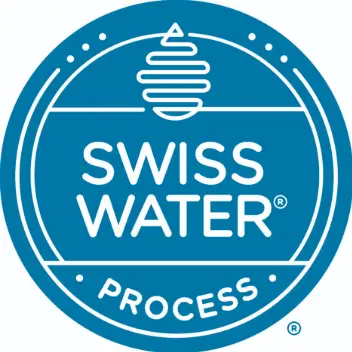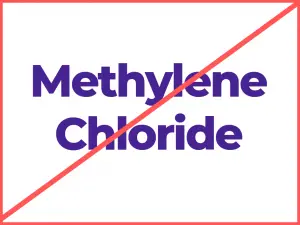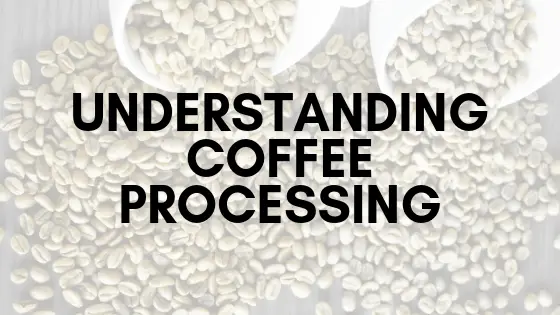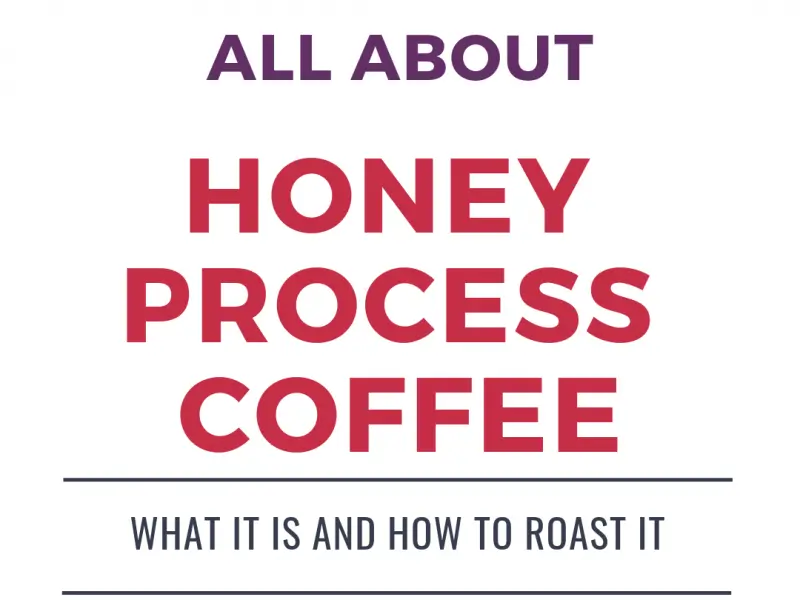In every family, there’s someone who loves decaf coffee. In fact, I find myself drinking decaf whenever I’ve already had too many cups of coffee, but I still want a hot beverage.
In recent years, decaf coffee has gotten much, much better, and while it will never will have quite the same flavor as regular coffee, it’s a wonderful gift for the caffeine sensitive person in your life.
The Best Decaf Coffee: Swiss Water Process

Swiss Water Process decaf coffee is the best decaf coffee out there. The Swiss Water Process plant is up in Canada, and they’ve developed a unique method of decaffeinating their coffee that leave a good amount of flavor in tact.
While most decaffeination processes rely on chemical solvents, the Swiss Water Process only uses water and heat.
First, the green coffee is steamed so it becomes more porous. The coffee is then soaked and washed with water, which removes the caffeine. Unfortunately, in removing the caffeine, the volatile flavor acids are also removed. However, that caffeine and flavor infused water is passed through a series of charcoal filters that capture all of the caffeine, but none of the flavor acids.
The beans are then retreated with the same water, sans caffeine. The flavor acids that were steamed and soaked out of the beans are reintroduced, leaving the drinker with a cup of coffee that’s pretty comparable to what they’d taste were they drinking a regular cup of the same origin.
Unfortunately, you won’t get the true flavor of the origin, even with the advanced Swiss Water Process. The steaming and soaking process imparts a distinct flavor, and the beans are not able to retain their former flavor-magic, but with Swiss Water decaf, you get a great cup of decaf coffee.
Runner Up: Mountain Water Process

Mountain Water Process decaf coffee is a very similar process to the Swiss Water decaf process. In fact, if I were to describe the Mountain Water decaffeination process, I would just copy and paste what I wrote about. The only substantial difference is that the Mountain Water processing plant is based in Mexico instead of Canada. I’m sure there are also tweaks in the actual process itself, but the concept is the same.
I have found that Mountain Water Process decaf coffees also retain a good amount of flavor and end up in a tasty cup of coffee.
Roasting Decaf Coffees
Because decaf coffees have been rehydrated and redried, they require a more slow and delicate roast.
If you’re looking to roast some decaf coffee for yourself or a friend, treat it gently. I don’t preheat my drum when roasting decaf coffee and let the drum heat up with the coffee inside. Usually, these roasts end up somewhere between 16 and 20 minutes. That’s a long time for coffee to roast, I know, but I’ve found that the slow roast allows you develop a lot of sweetness and body in the cup. There isn’t too much point in aiming for bright acidity in a decaf: it just doesn’t have it because of the additional processing.
Decaf Coffees to Avoid
I would avoid all chemically decaffeinated coffees. While the chemical solvents used to decaffeinate coffee are supposedly filtered out, it just doesn’t seem right.
Chemical solvents are only used to speed the decaffeination process further. If water and steam does the trick, why not stick with water and steam? No chemical solvents necessary.

Water Decaffeination
All coffees that have been decaffeinated using a water process will say so on their label. Every company that does this wants to advertise it. In general, you can find unroasted water process decaf coffees at pretty much any site you currently buy your unroasted coffee from.
Look for ‘SWP’ or ‘MWP’ next to the offering. These mean ‘Swiss Water Process’ and ‘Mountain Water Process,’ respectively.
No Imbiber Left Behind
Bringing a caffeine sensitive person a pound of home roasted decaf coffee is one of the best gifts ever. I think it’s even better than bringing a coffee lover a really nice pound of coffee, because you get to explain how coffee is decaffeinated and all the trouble you went through to make their gift happen!
Happy roasting!
Any thoughts?
Have strong opinions on decaf coffee? Let me know in the comments below!
For more info on different processing methods and where to buy green coffee, check out my other articles on green beans. For a look at ways to improve your roast, I have a resource page set up with articles on ways to track your roasts for continual improvement.




